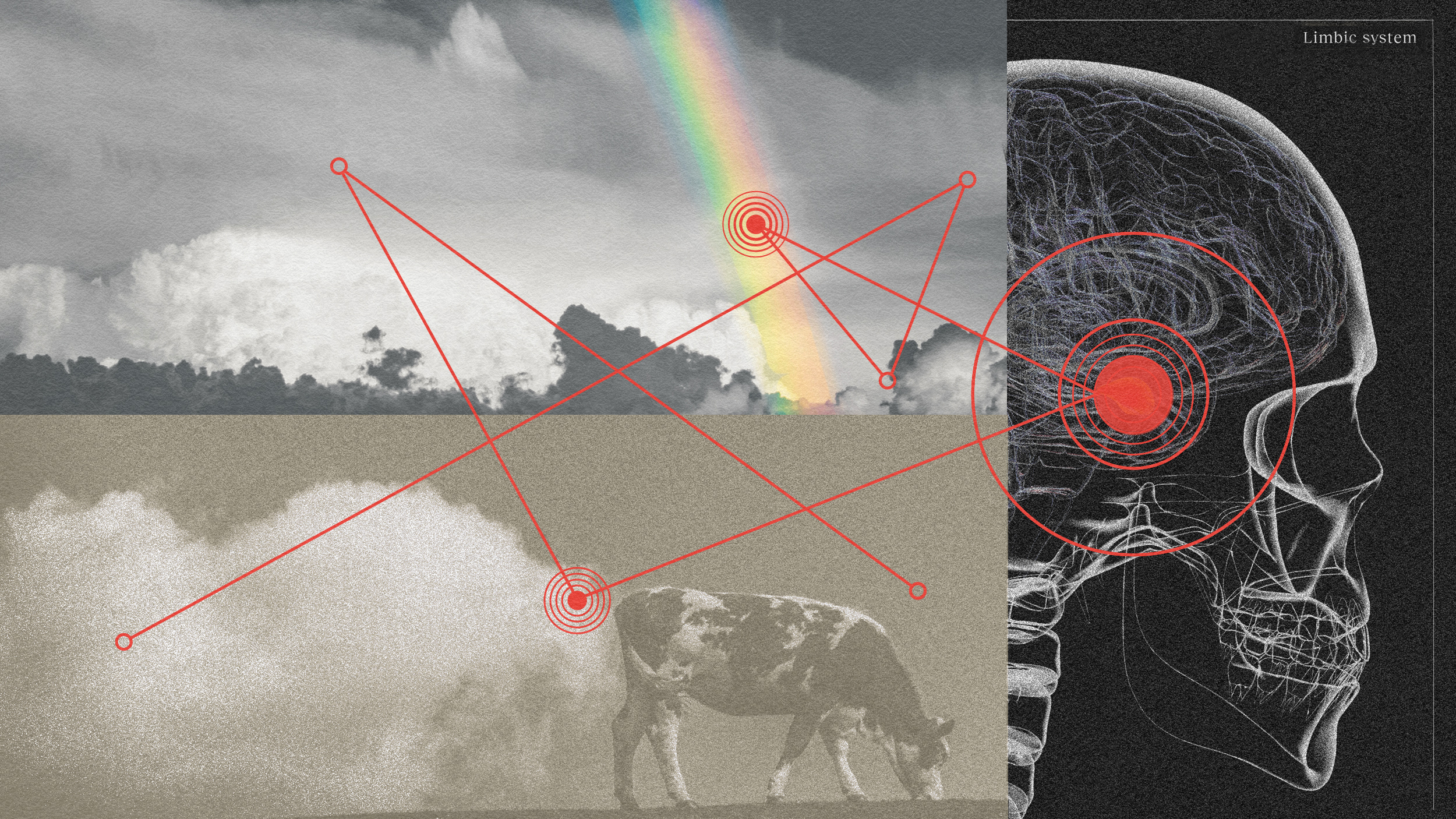The Cato Institute CEO remembers reading Barry Goldwater’s Conscious of a Conservative.
Question: How did you develop your political philosophy?
Edward Crane: I read the Conscience of the Conservative by Goldwater. And I guess he didn’t really write the book, but he approved it, and it was a terrific read. It still is to this day, and it did influence me. It made me a limited government person, a constitutionalist. And from that, you get involved with people who agree with you on those issues and learn from them about Ludwig von Mises, F.A. Hayek, Ayn Rand, those-- I read all those people’s books and became very much a libertarian.
Question: What did you like about Goldwater?
Edward Crane: I don’t think that I was affected by what was actually going on in society so much as I was attracted to the logic of what he was saying, that people should be left alone and that the role of government was to protect your rights to life, liberty, and the pursuit of happiness. And I found that very compelling. I ended up going to Berkeley and saw a kind of attitude that the law didn’t matter in some of the sit-ins and certainly the riots and so forth, so that reinforced my views. But I’ve always thought I was a libertarian. I always believed that there was no justification for other people telling me how to live your life. And subsequently learned about the importance of private property and the rule of law and so forth, but I think-- my father was a conservative, so I disagreed with him on a lot of things. My mother was apolitical, but I’ve always been a libertarian.
Question: How did you first become active in politics?
Edward Crane: Well, I ran for student government at Berkeley on a platform of abolishing the student government. And I thought that was pretty radical, but I actually lost the election. Those were tough years for those who believed in less government on the Berkeley campus. And so I got involved with the Goldwater campaign in 1964. I was a member of Youth for Goldwater at Berkeley, which was a small group. And I actually was a precinct captain for two precincts in Berkeley, and I knew every single voter who was going to vote for Barry Goldwater. There was five one district, I think, and six in the other. But I’d knock on everyone’s door in the precincts, and they were, for the most part, civil to me, but some were a little hostile. And then Goldwater’s campaign itself disappointed me. He had originally said we need to privatize Social Security and then backed away from it very shortly thereafter. And I always thought he was too hawkish about Vietnam. So I figured I’m out of politics; I’m a libertarian. All there is out there is conservatives and liberals, and I don’t buy into either camp, and so I was going to get out of it. And I went to work for Scudder Stevens & Clark, an investment firm, and then my loyalty to Scudder ended when Alliance Capital offered to double my salary. And so I went to work for them. And eventually, I got involved with the Libertarian Party. In 1971, the Libertarian Party had its founding convention at the Radisson Hotel in Denver, Colorado, and I went to that. And I was like the only person with a suit on. And as a libertarian, I always knew it was important to be tolerant of alternative lifestyles, but I always say, until I went into that convention hall, I had no idea how many alternatives there were. <laughing> It was a really weird-- it was like a Star Wars bar scene. They had Randians with long cigarette holders and cold bugs [ph?] and anarchists and gay rights activists and some hardcore conservatives who were still in favor of the war in Vietnam. But it was an eclectic group, and they all shared this kind of commitment to liberty, and I found myself attracted to it. And I went back to California and flipped a coin with a friend and lost and became the Vice Chairman of the Libertarian Party of California at 12 districts. I organized and drove all around the Southern part of the state and got involved. And then in 1974, I was elected National Chairman of the party, and I kind of ran it, really, through 1980.





